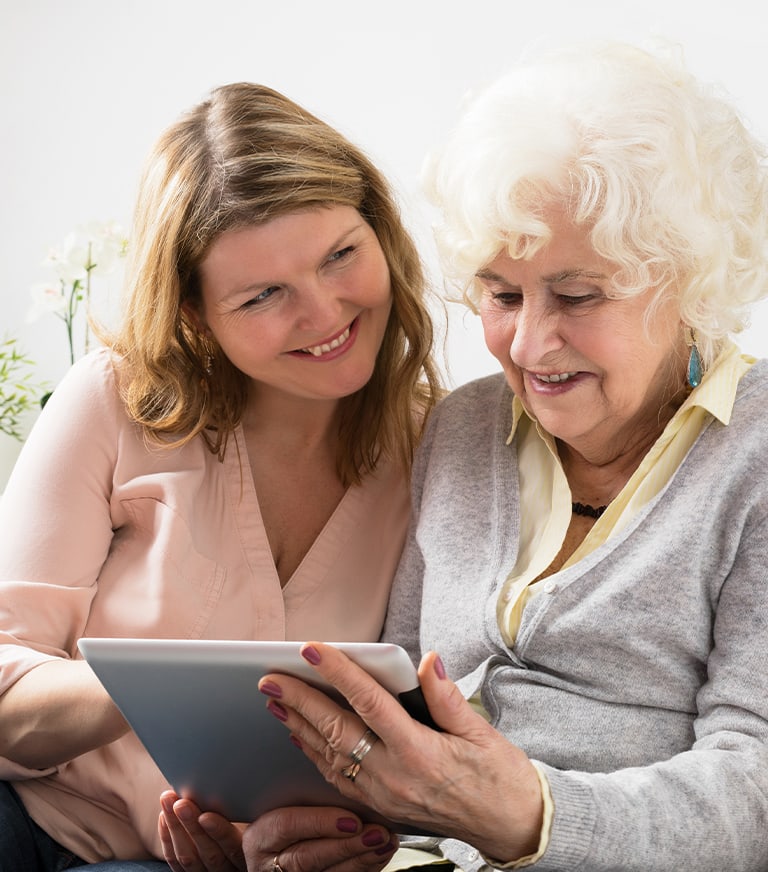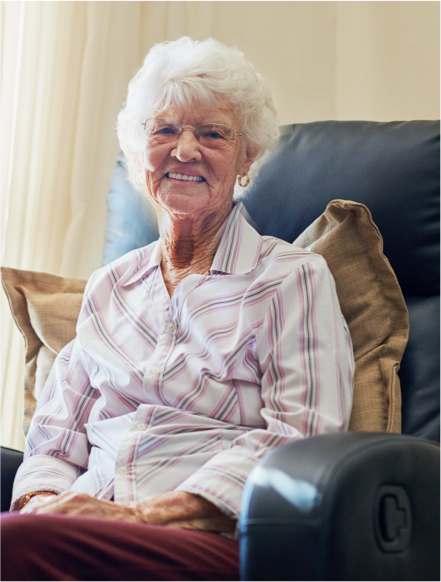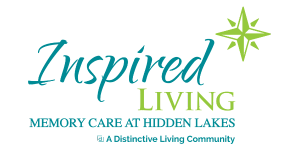The role of a caregiver is one of contrasts. It has the greatest joys alongside significant challenges, sometimes leading to a state of physical, emotional, and mental exhaustion known as caregiver burnout. This experience is far more common than many people realize, especially among those balancing caregiving with other personal and professional obligations.
This ongoing stress can affect nearly every aspect of life, making it vital for caregivers to recognize the signs of burnout early and take proactive steps to prioritize their well-being. Are you experiencing any of these signs?
- Chronic fatigue
- Emotional exhaustion
- Social isolation
- Declining quality of care
These symptoms progress in stages that can get worse if you’re not careful. Understanding these signs and knowing what to do when you see them is the first step toward finding your balance again.
What You Need to Know About Burnout in Caregiving
Caregiver burnout occurs when the demands of caring for a loved one become so overwhelming that your energy and ability to keep going start to diminish. It’s a state of constant depletion that goes beyond temporary stress or fatigue. Caregiving duties are often intense, and when you continuously pour energy outward without refueling yourself, the effects can be debilitating.
Over 43.5 million people in the U.S. provide unpaid care for someone over the age of 50, and more than 60% of them experience significant symptoms of burnout. This statistic serves as a reminder of how widespread this challenge is—not just for caregivers but also for loved ones who indirectly feel the impact of decreased caregiving quality.
Without the proper strategies to alleviate it, burnout can lead to severe health issues for everyone involved. But here’s the good news—not only is caregiver burnout preventable, there are also solutions to help caregivers maintain their well-being while continuing to provide compassionate, quality care.
Key Indicators of Caregiver Burnout
Recognizing when burnout is setting in isn’t always easy, especially since caregiving often becomes such a significant part of daily life. Watch out for these signs, which may indicate that the job of caring for a loved one is affecting your health and ability to cope.
Chronic Fatigue
Caregivers often put the needs of their loved ones above their own, but this selflessness can inadvertently lead to them neglecting their personal health. Physical signs might manifest as chronic fatigue, recurring headaches, or digestive issues that persist even after rest. Over time, this can escalate into more severe conditions such as high blood pressure or heightened anxiety.
When your body is trying to tell you it’s under stress, listen. Taking the time to address these issues early can prevent long-term damage to your health.
Emotional Exhaustion
Caregiving isn’t just physically demanding; it requires enormous emotional energy as well.
Overwhelming feelings of frustration, irritability, or sadness may begin to bubble up daily. Many caregivers end up feeling like they’re losing touch with their former selves, unable to shake the weight of constant responsibility. This emotional exhaustion can even spiral into depression, making it difficult to continue caregiving tasks with the same level of care and patience.
Social Isolation
Caregiving often forces people to put their own social needs on the backburner, but isolation doesn’t take long to sink in. Skipping social outings or avoiding hobbies you once loved can be telltale signs of burnout creeping into your life. Staying connected to friends and family is invaluable, not only for maintaining your mental health but also for building a support system that can help share the load.

Declining Quality of Care
When you’re burning out, it’s not just you who is affected. You have someone who relies on you. When your personal well-being is compromised, caregiving duties tend to suffer. Missed appointments, medication errors, and occasional bursts of frustration can become the norm when a caregiver’s patience runs thin. Even the strongest caregiver can feel this way.
These signs signal that burnout has shifted from simply affecting you to creating risks for your loved one as well. It’s a clear indication that action is needed to bring balance back into your life.
Reclaiming Balance & Preventing Burnout
Caregiving is a responsibility that requires compassion, commitment, and strength. But providing care doesn’t mean you have to lose yourself in the process. By incorporating these strategies, you can find a healthier balance that allows you to care for your loved one while also taking care of yourself.
Invest in Self-Care
Prioritizing your own health and happiness isn’t selfish; it’s essential. Ensure you’re staying well-rested, eating nutritious meals, and taking time out for activities that bring you joy. Whether it’s reading a book, gardening, or simply enjoying a walk outside, small moments of self-care can refresh your mind and improve your resilience.
Build a Support Network
No one can do it alone, and you shouldn’t have to. Family, friends, neighbors, or even professional caregivers can step in to provide support. Joining a caregiver support group can connect you with people who understand what you’re experiencing and offer valuable tips and emotional reassurance.
Establish Realistic Goals
Taking on everything at once is a recipe for burnout. Be realistic about what you can accomplish each day, breaking tasks into smaller, manageable portions. Remember, your efforts are enough, and your loved one is fortunate to have you.
Seek Professional Resources
Sometimes, the best way to protect your well-being is by enlisting professional help. Services such as respite care provide temporary relief, giving you a chance to recharge while ensuring your loved one receives high-quality care in a compassionate environment.
Make Caregiving Work For You
Deciding how to care for someone you love can be one of life’s greatest challenges, but also one of its greatest rewards. Recognizing the early signs of burnout and taking preventative steps can help you improve your well-being while also delivering exceptional care to your loved one.
If you’re searching for additional support, consider taking a tour of Inspired Living at Hidden Lakes, where respite care offers caregivers the chance to renew their energy while your loved ones enjoy a luxurious environment. With dedicated services, personalized attention, and a warm, welcoming atmosphere, we make it easy to find the balance you deserve.
Schedule a tour today and discover why our community could be the perfect fit for your family. Caregiving doesn’t have to be a solitary effort—we’re here to help every step of the way.









